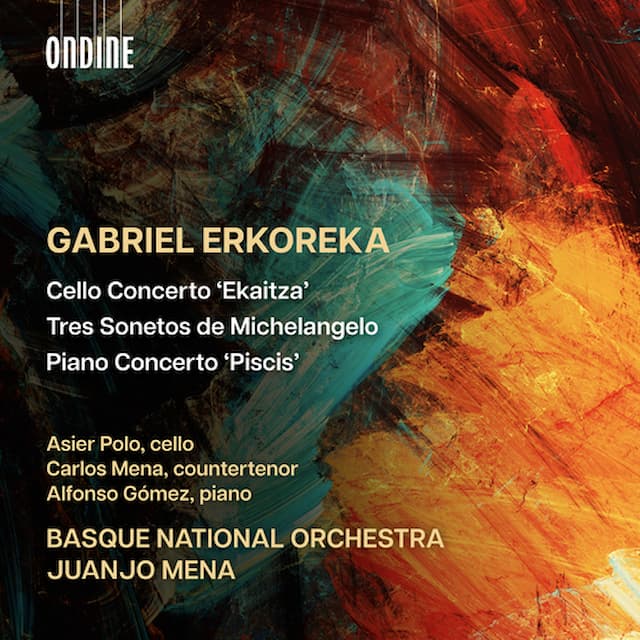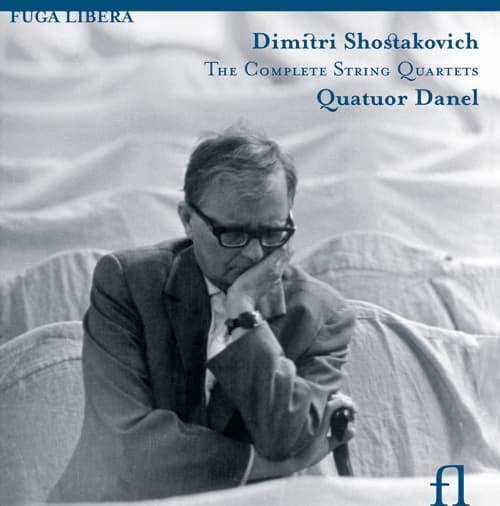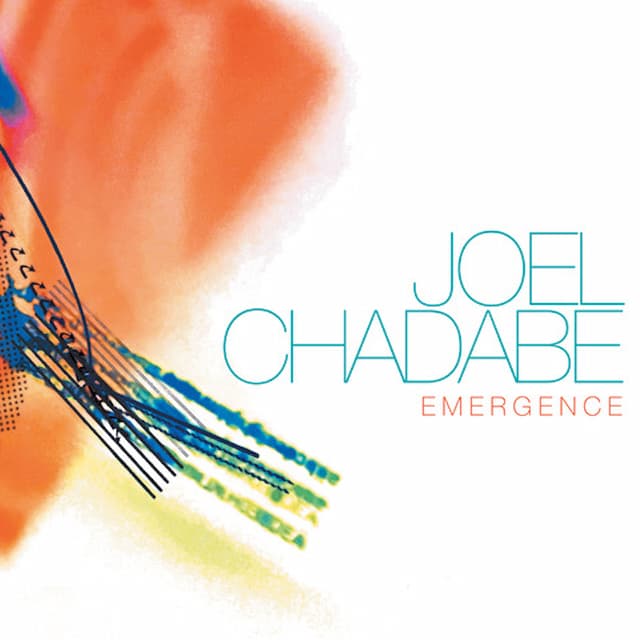Flutist Noemi Gyori and pianist Suzana Bartal recently released an album, Exploration. In the album, it features works by four composers, namely Ludwig van Beethoven (1770–1827), François Borne (1840–1920), Leopoldine Blahetka (1809–1885), and Franz Schubert (1797–1828). While it is Noemi’s sixth album, she told me that staying open-minded, playful, and experimental with both new and old repertoires was the goal for this album. Noemi and Suzana told us more about themselves and their recording process in this interview.
Hello, Noemi and Suzana! Can you tell us a little about yourself and how you two met and play together?
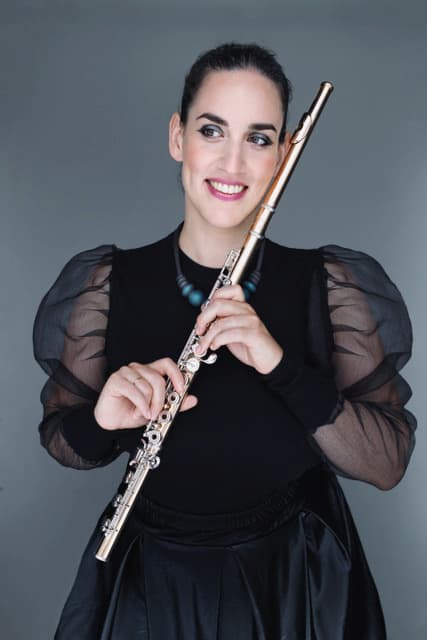
Flutist Noemi Gyori © Emmer Laszlo
NOEMI: I originally come from Budapest, but since my childhood, I have been living in many different countries. Japan, the USA, Finland, Germany, and Austria were all my home for a period of time before settling in London. I am a recitalist, soloist, and recording artist, and I love teaching: I lead my flute studio in the Junior Royal Northern College of Music and am a visiting tutor at the University of Manchester. When I met Suzana for the first time, next to everything else, I was intensively working on my PhD in Flute Performance Practice at the Royal Academy of Music in London. Upon finishing my degree, I was ready to delve into a new chapter of activities and was extremely happy to begin collaborating with Suzana!
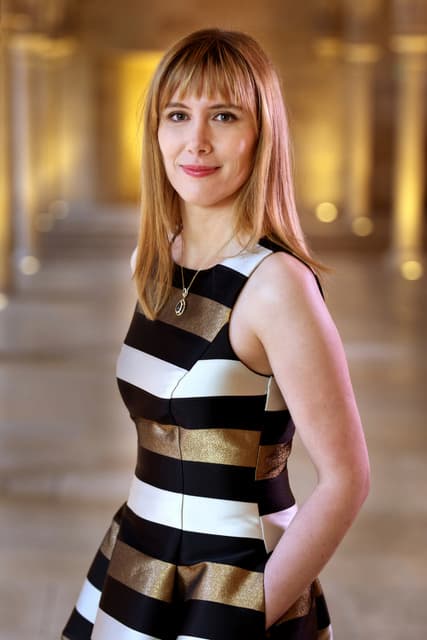
Pianist Suzana Bartal © Philip pe-Porter
SUZANA: On my part, I am Paris-based, although of Hungarian descent, after previously having studied both in France and in the US at the Yale School of Music. Throughout the many concerts I perform and the trips I undertake, I find it particularly exciting to meet new people and to make connections.
As it happens with many of the important artistic projects, they are a result of often unexpected encounters. About 8 years ago I was in London for a concert. A mutual friend of Noemi’s and mine thought we should absolutely meet as two Hungarian musicians finding themselves coincidentally in the same town. We immediately sympathized, but it wasn’t until during the pandemic that the enticing project of a common CD came up. When Noemi phoned me about it, I was immediately thrilled about the idea. More than ever, during those challenging times, it seemed that music should continue to bring joy and brightness.
Your latest album, Exploration, is all about playfulness. Are you a playful person? What inspired you to have this concept?
Introduction and Variations on “Trockne Blumen” from Die schöne Müllerin, op. posth. 160, D. 802: Theme and Andantino by Franz Schubert
NOEMI: Staying open-minded, playful, and experimental with repertoire, new and old, are very important principles of my artistry; therefore, when assembling the program of ‘Exploration,’ I was drawn to explore this aspect through some influential pieces of the flute and piano literature. Being playful as a musician and being able to play around masterfully with a certain theme or musical texture as a composer shows the ability to own a means of craft or material to the level of proficiency that allows one to discover possibilities and delve effortlessly into different variations. Therefore, playfulness and variations, in general, represent a very high level of artistry and a certain freedom that, I believe, pose interesting challenges for us performers.
SUZANA: I would say that we are both cheerful and optimistic temperaments and that is the sentiment that we are trying to convey through this program. Every day’s life can be challenging for many people, and I definitely think that we, along with those who listen to us, need some lightness once in a while. What better way than such works that combine playfulness along with deep emotions?
The album includes four works by Schubert, Blahetka, Beethoven and Borne. Please tell us a little bit about each piece. Do you have specific moments of each piece that you like?
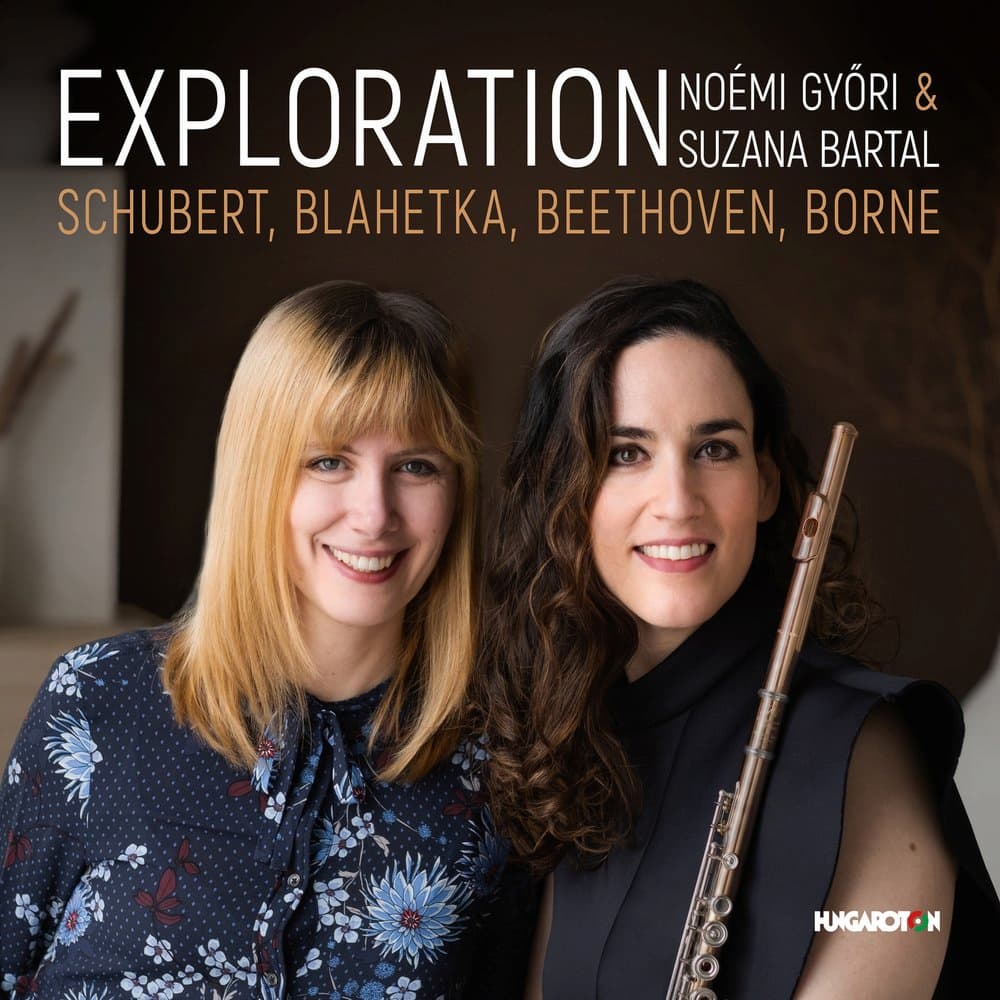
Exploration album cover
SUZANA: Firstly, what I very much like about this program is the wide range of stylistic displays in this selection of pieces, which were all composed within roughly a century. They allow us performers to show how, in a rather short historical frame, different composers could give their own take on the form of variation. Each piece had a special place for me: the Schubert remains probably one of the most beautiful pieces ever written for the flute-piano repertoire, the Beethoven a very unique piece in the construction of its movements, the Blahetka shows without any doubt the qualities of an unknown gem still waiting to be largely discovered, while the Borne puts on a particularly virtuosic musical firework around some of the most beloved musical themes.
Fantaisie brillante on Bizet’s Carmen by Borne
NOEMI: I love, for example, how the few flute solo bars at the beginning of Beethoven’s Serenade invite both the pianist and listener to a grandiose but ever-playful journey of the whole piece and how Trockne Blumen mixes elegance and lightness with the deepest emotions, velocity, and even turmoil. Borne’s Carmen Fantasy is almost a statement piece of our repertoire, and Blahetka was an important addition for me – I fell in love with this piece when I heard a rare performance of it a few years ago.
How was the recording process? How long did you prepare for it? What were the challenges and surprises?
Variations for Flute and Piano, op. 39 by Leopoldine Blahetka
SUZANA: Before starting the recording, we not only worked for a while on the pieces, but we also performed them publicly at several concerts. The recording process itself was very enriching because it allowed us to truly seek the deepest expression in each piece and within each different section or variation. It was also very intense because the focus and the mental involvement in such an undertaking are extremely high; we are seeking our ideal version of each phrase, each note.
Ultimately, the memory that remains is the great pleasure of making this recording in the legendary Hungaroton Studio with an amazing team.
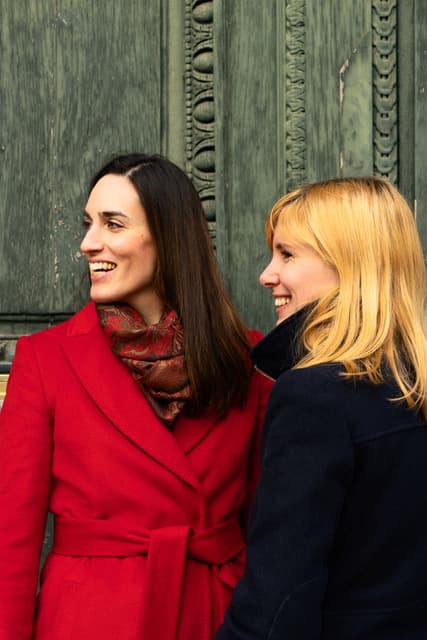
Noemi Gyori and Suzana Bartal © Léa Fiterman
NOEMI: Exploration is my sixth album, so I felt that I have good practice at knowing how it is best to prepare for an intense few days of recording. However, these extremely intense and focused days never fail to surprise me – so many extra emotions and some unexpected difficulties arise on the way, which, in the end, make an experience like this truly unforgettable.
Do you have some performances coming up?
SUZANA: We are currently preparing for a concert in Paris that will be broadcast live on France Musique, the national radio, and are also planning on presenting our CD program in Hungary while assembling new recital programmes for the coming seasons. This recording will certainly lead us to further exciting projects!
What do you like to do besides playing your instrument?
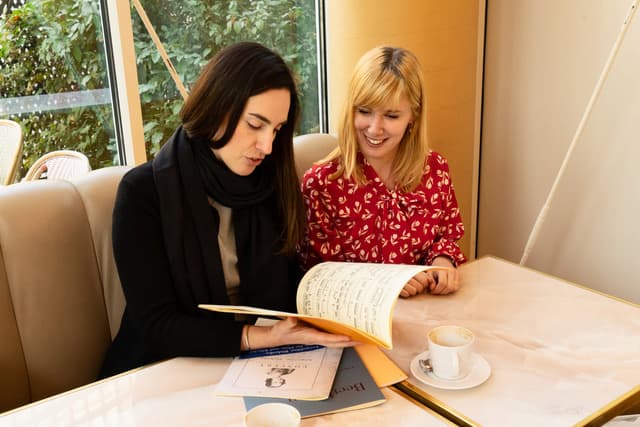
© Nóra Várallyay
SUZANA: When I am not playing the piano or touring for concerts, I actually love being home and spending some quality time with my family, my husband, and my young son. Those are moments when I relax from a very active life with walks, going to the cinema or to an exhibition or even to concerts given by my colleagues. I think my professional and personal lives balance each other well, and I gain inspiration from both of them.
NOEMI: I also have two children and a conductor husband, so life tends to be extremely full next to my own musical pursuits. The flood of activities, social engagements, and happenings provide a truly colourful mixture of days; weeks seem to fly by in an instant! I love discovering new things when travelling (whether it is art, beautiful nature or food), enjoy reading, cooking and I will never say ‘no’ to a cup of good coffee!
Exploration was released on Hungaroton Records.
Learn more about Noemi Gyori and Suzana Bartal.
For more of the best in classical music, sign up for our E-Newsletter

